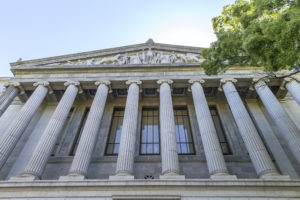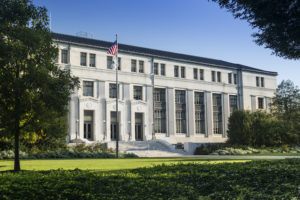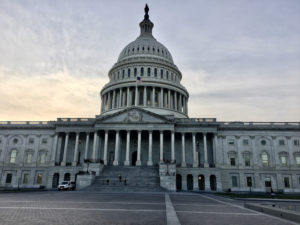Let Retirement Plans Vote on Corporate Responsibility
The Biden Administration can address global warming by encouraging fiduciary input on ESG matters.
Does the European Union Set or Export Data Privacy Standards?
The EU does not merely set standards in data privacy regulation, it exports ideas.
The Dawn of a New Era for Copyright Online
Recent legislation that targets illegal digital streaming provides a template for digital copyright law.
Improve the Social Cost of Carbon, Do Not Replace It
Despite some scholars’ criticisms, the social cost of carbon is a useful tool for crafting U.S. climate policy.
Establishing Economies on Indian Reservations
Promoting business development and economic independence on reservations is crucial to sustaining tribal communities.
Promoting Indian Child Welfare Through Inquiry and Data
Data collection on Native American involvement in adoption and foster care is needed to remedy courts’ failures.
Strengthening the Stem Cell Industry Through Better Regulation
FDA should take steps to strengthen the regenerative medicine industry.
Rules for Acknowledging a Broken Trust
In the battle for self-determination, unrecognized Indian tribes can petition for federal acknowledgment.
A Digital COVID-19 Vaccine Passport System Is Still Premature
Questions of equity, access, and privacy demand answers before a vaccine passport will work.
Equity and Justice Should Begin at Home
Federal public lands agencies should prioritize the inclusion and fair treatment of all employees.
Unsettled Consequences of the McGirt Decision
A Supreme Court decision raises new questions about tribal jurisdiction in land disputes.
Congressional Restoration of Tribal Civil Jurisdiction
Congress should enact a law that restores tribal regulatory and adjudicatory authority.












